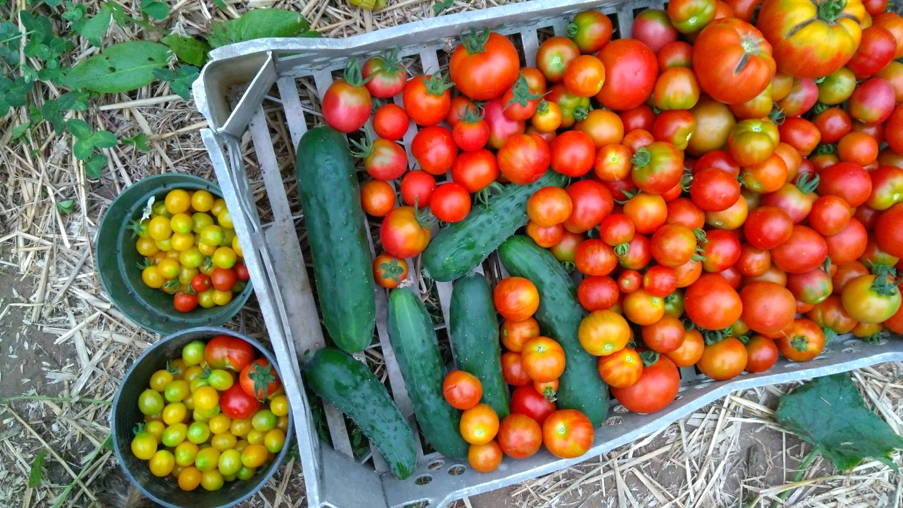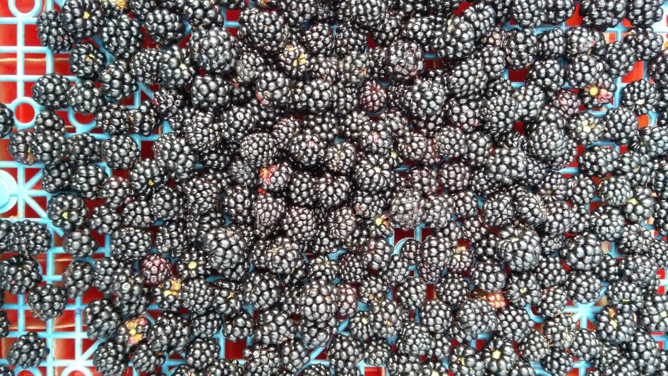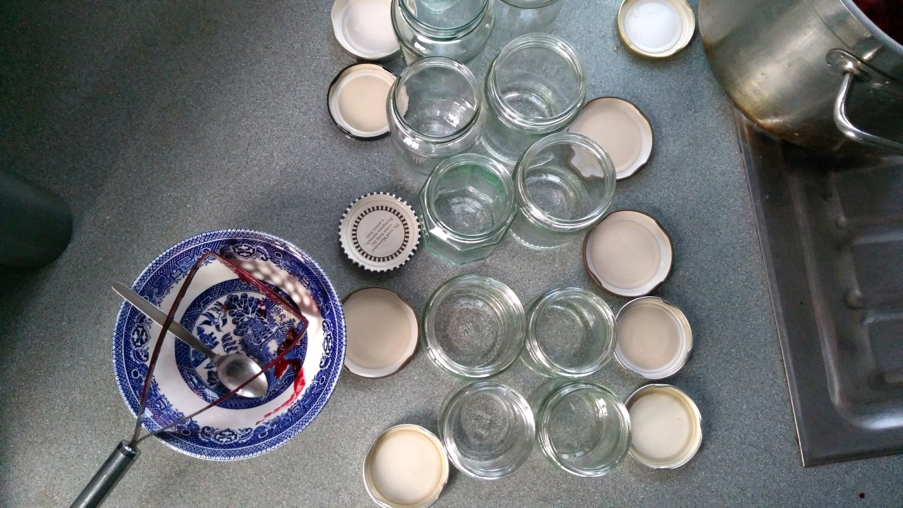As we arrive in Berlin for the GMO free regions conference in Berlin we are struck by just how many ‘bio’ (organic) shops there are.
Since arriving at the farm we have been sustaining ourselves on mainly organic food and it’s been easy. We have some fantastic cooking skills between us, access to a lot of vegetables from the farm and there is some great ‘wholefood shops’ in the surrounding areas for all the extras. We have managed to do this on a budget by buying and cooking collectively.

The reasons we are eating organic food are…
- Buying organic supports farmers who using organic farming methods will be increasing bio-diversity in the environment ensuring a place for wildlife and nature to flourish which is very important at this moment in time as species are disappearing fast.
- The food we are eating will be significantly less likely to contain toxic substances such as glyphosate and other pesticides or herbicides.
- We want to support the smaller farmers rather than the huge cooperation’s that try to dominate and control food production.
- Organic food has been proven to be much more nutrient dense.
As we wonder around Berlin organic stores it makes us think about how easy it will be to have an organic diet once we leave the farm and head home. In this particular Berlin Bio supermarket they sell pretty much everything that you would ever need and if you sign up as a member you receive a discounted price on products. The main problems back home that we anticipate are cost and access.
Organic food can sometimes cost more than non-organic why is this?
1. Organic farmers and producers must be certified by the Soil Association which comes with a cost.
2. Production costs can be higher. For example, organic crops often require more intensive labour compared to non-organic production where pesticides can be used to control weeds and pests. In organic livestock production farmers have to invest in space, housing and GMO free feed.
3. Organic farms are usually smaller and mixed so they don’t benefit from economies of scale.
4. Demand for organic food is lower than non-organic food meaning products are sometimes sold and marketed as a high-end, niche products.


Finding organic food requires effort and change of habits. Most of us probably do our shopping at one main store, buying organic isn’t that easy back home we don’t have bio stores that sell everything in one place. Here are some of our ideas of how to come around that problem:
- Go back to basics, we eat very simple meals. We are very lucky that we have an abundance of very fresh veg from the farm which we then put with staples such as bread, pasta, rice.
- Try and find an organic veg/meat box scheme it means you’ll have access to seasonal produce and the middle men will be cut out of the equation meaning you will be directly supporting the farmers.
- Make your own bread, organic flour is easy to find and will make sure you aren’t eating any nasties.
- Go foraging and make some preserves.
- Grow your own, even the smallest spaces can produce a fair amount of produce.
- Less meat but better quality. Yes organic meat sometimes costs more but it will ensure better animal welfare, less antibiotics and a better deal for the environment.
How can we campaign for easier, fair access to organic produce in the future?
If there is more organic food produced then both of the above problems could be resolved.
We need to campaign for and support the small farmers who are already producing quality food using sustainable farming methods. Organic farming can complement and tackle many current problems in society such as health and wellbeing, environmental conservation, climate change and economic sustainability we must highlight this as reforms are made to the Common Agriculture Policy (CAP). You can get involved in the Good Food, Good Farming days of action where people from across Europe are making noise to reform CAP so that it better supports small scale producers.
Join in by organising an action or joining one near you on the map on 27th -28th October.
Make some noise for #GoodFoodGoodFarming!

This project has been funded with support from the European Commission. This website reflects the views only of the author, and the Commission cannot be held responsible for any use which may be made of the information contained therein.

